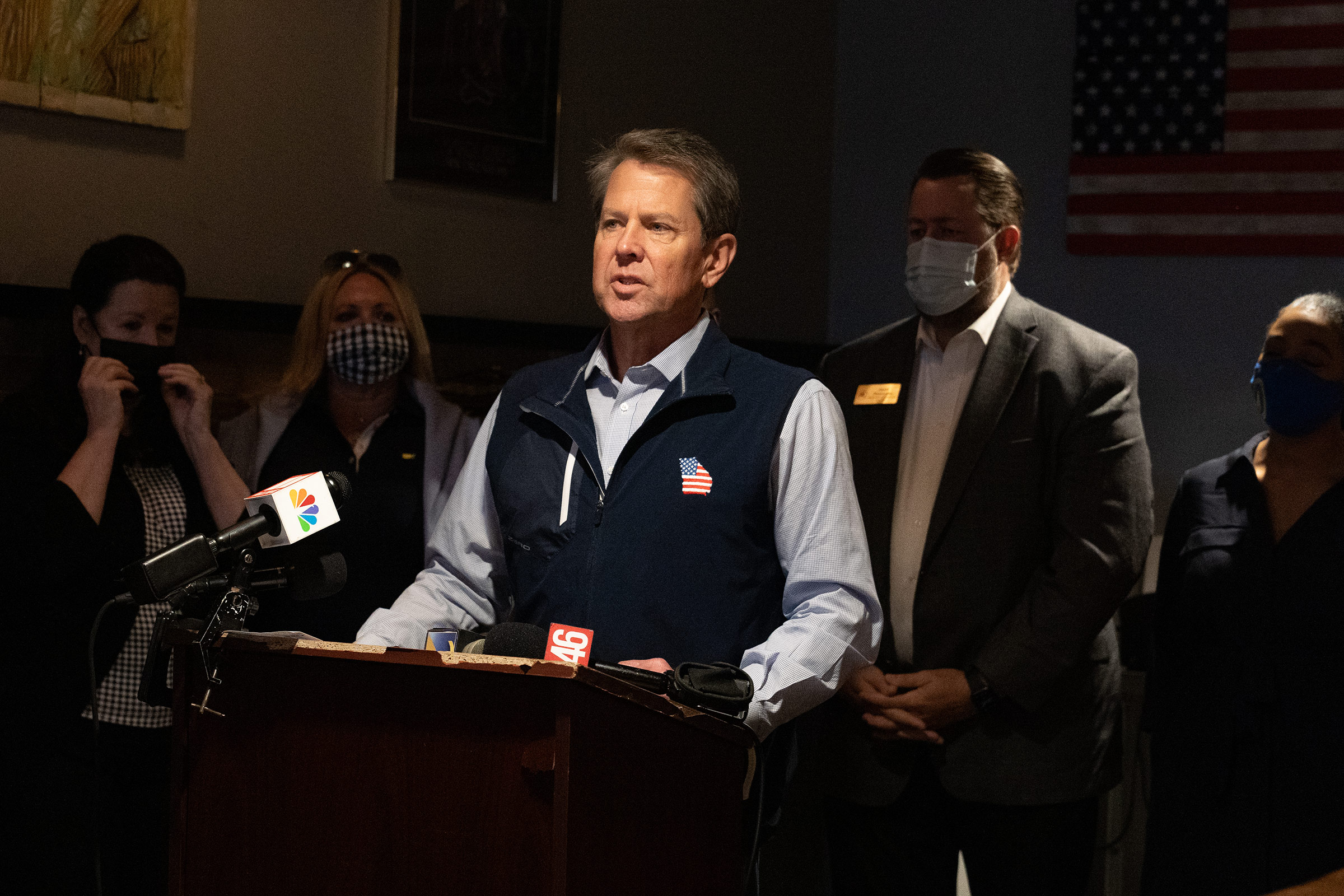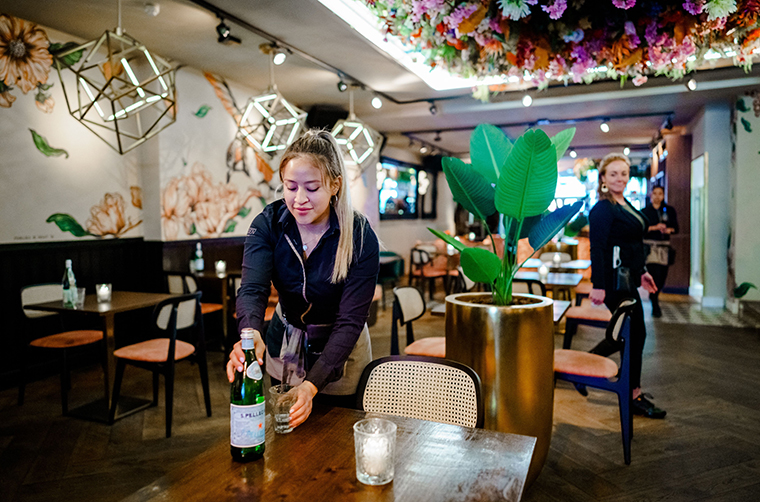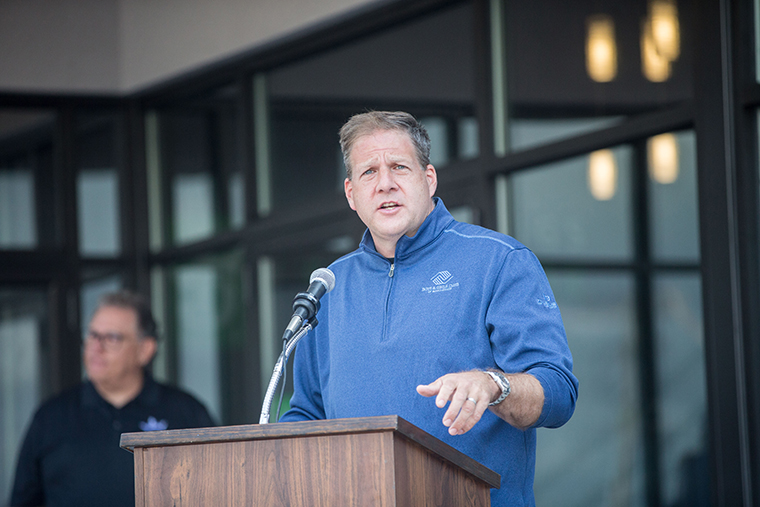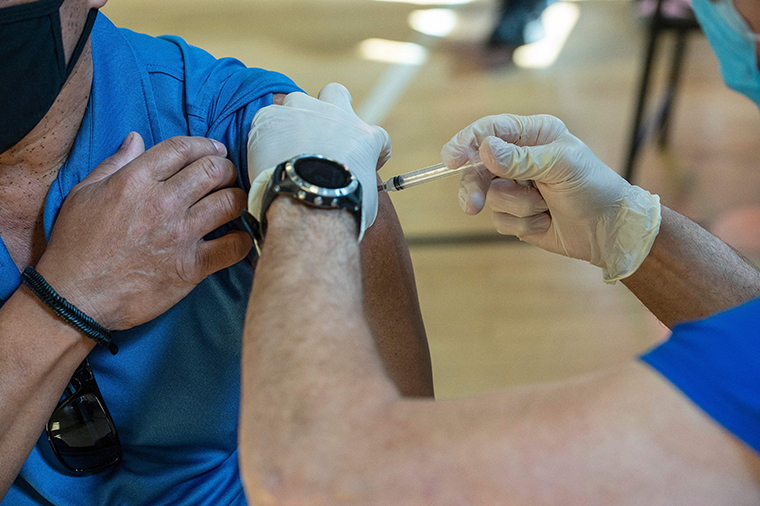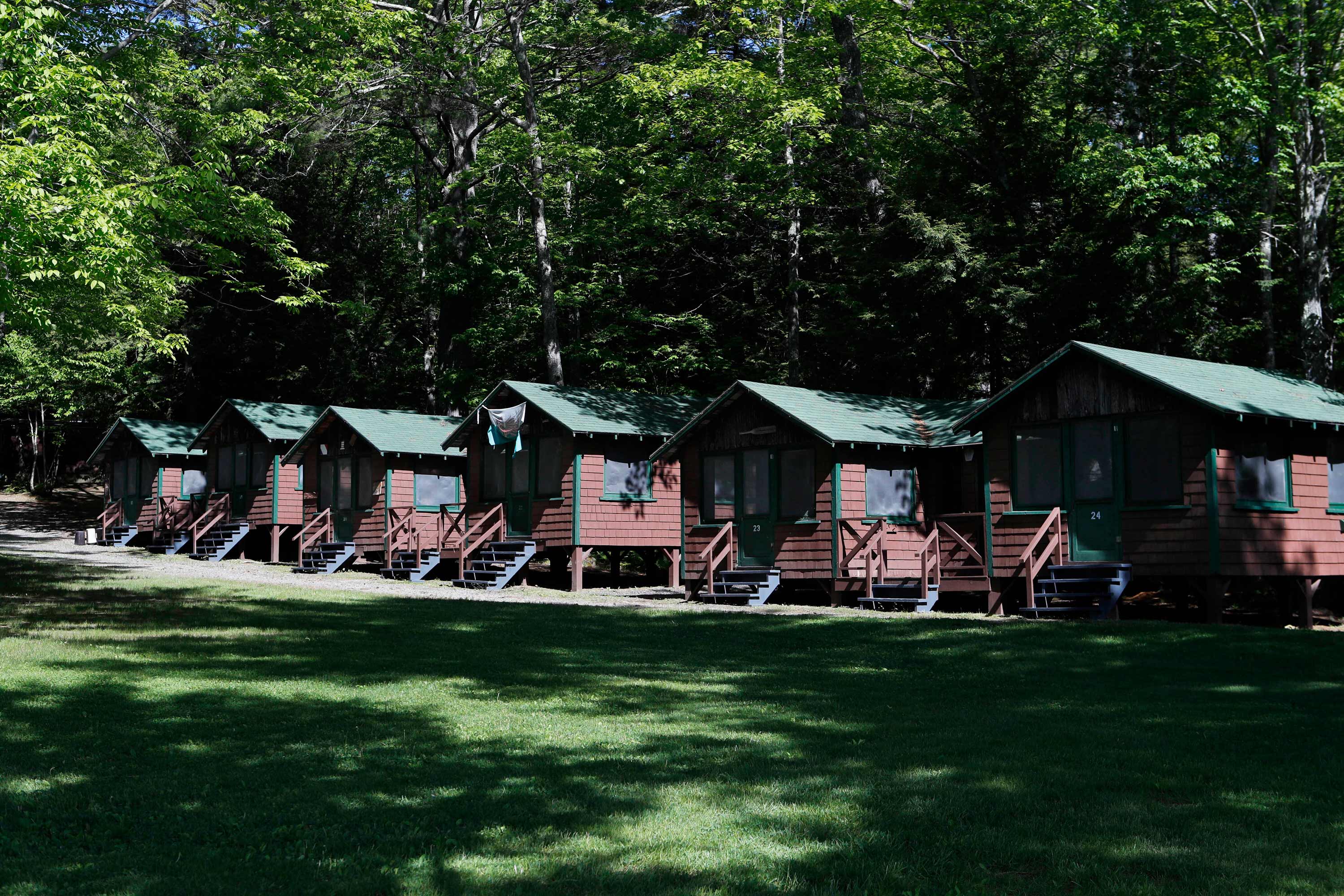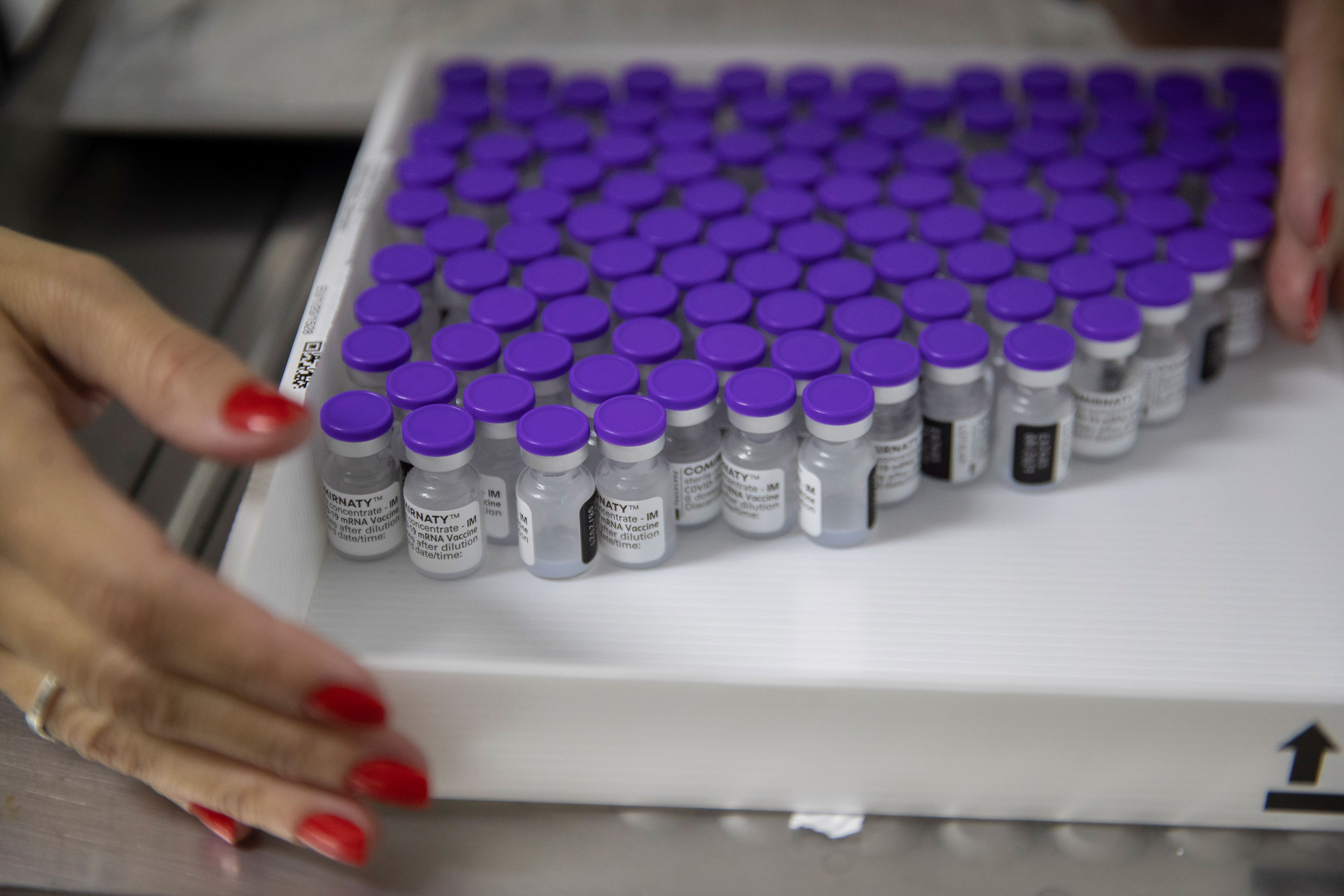The Equal Employment Opportunity Commission said Friday that employers are not legally prohibited from offering incentives to employees to get vaccinated for Covid-19, and that companies administering vaccines themselves can also do so "as long as the incentives are not coercive.”
The EEOC already said in December that companies can legally mandate all employees re-entering the workplace and new hires be vaccinated for Covid-19. But there are two exemptions companies must allow for, according to the EEOC: a disability or religious reasons.
In its updated guidance released Friday, the EEOC now says employers are permitted to offer incentives to employees who voluntarily provide information they've been vaccinated by a third party — and that there is no limit to the size of those incentives.
For example, workers at both McDonalds corporate headquarters and restaurants will get up to four hours of paid time off to get vaccinated. Employees at Bolthouse Farms will get a $500 bonus if vaccinated. And at Kroger, employees will get a one-time payment of $100 if they show proof of vaccination.
The agency adds that if employers obtain employee vaccination information, however, they “must keep vaccination information confidential.”
Also, if the employer plans to administer the vaccine itself, incentives must not be large enough to be considered "coercive."
"Because vaccinations require employees to answer pre-vaccination disability-related screening questions," the EEOC states, "a very large incentive could make employees feel pressured to disclose protected medical information."
Employers are also legally permitted to provide employees and their family members with educational information about Covid-19 vaccines, raise awareness about the benefits, and address common questions and concerns.
